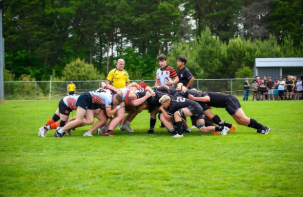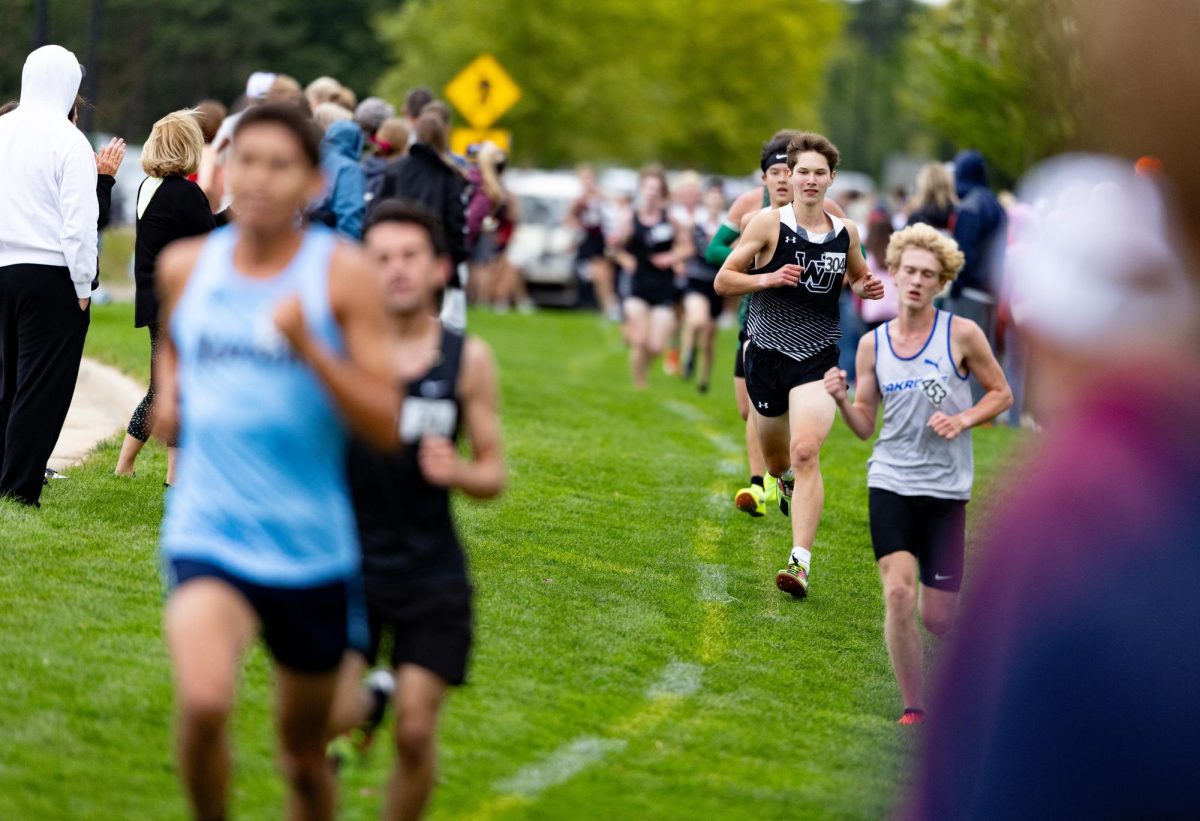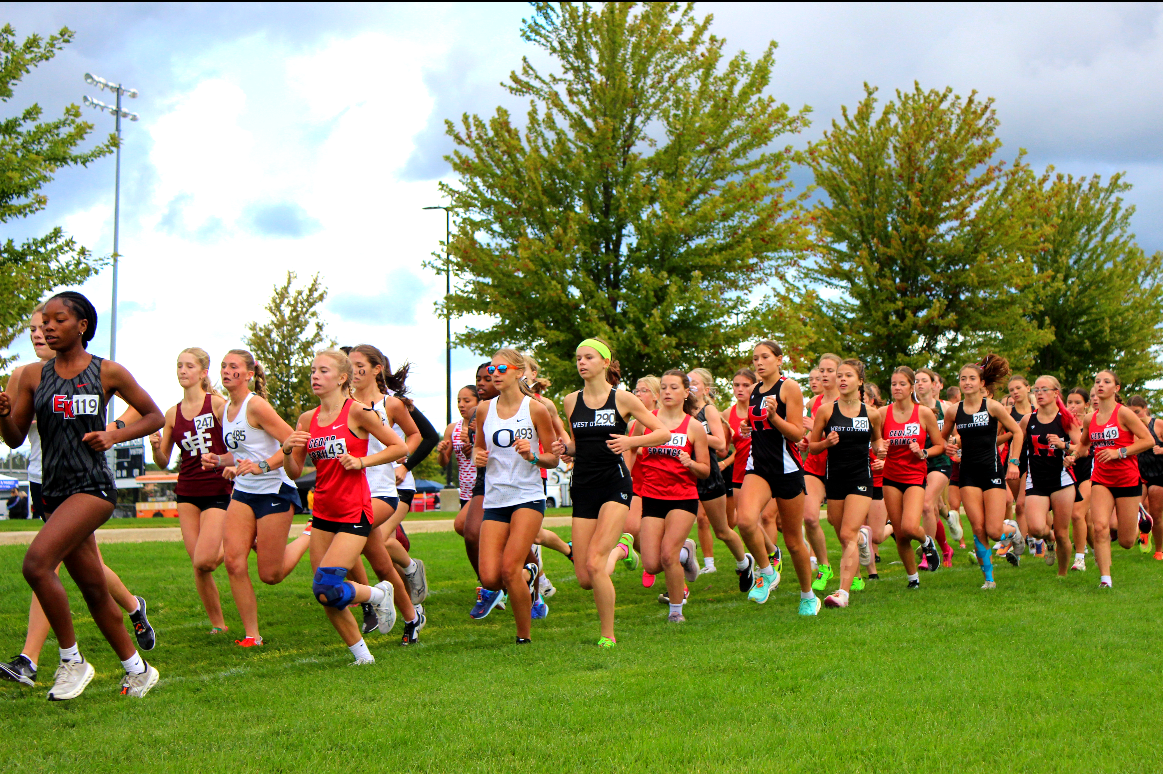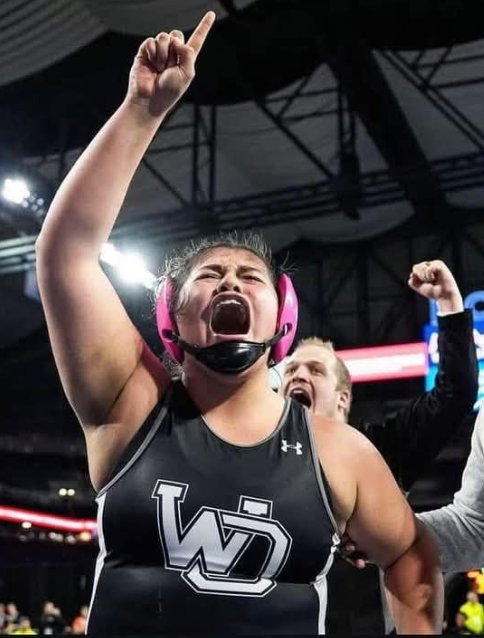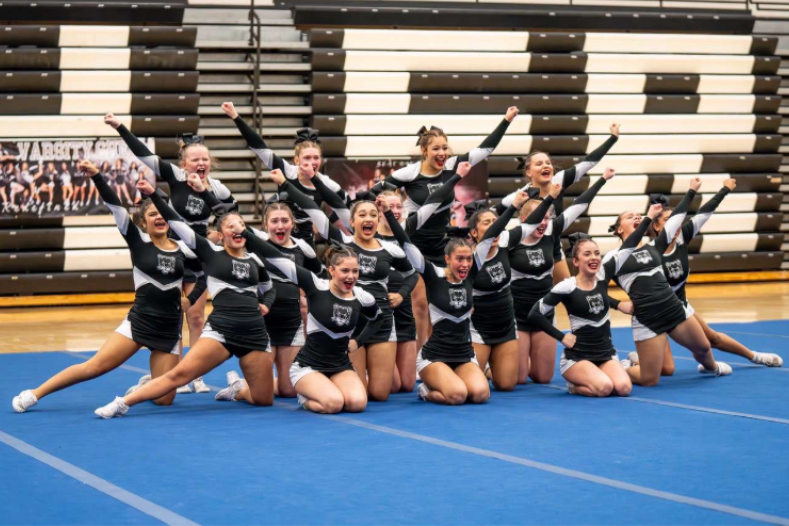I’ll never forget the feeling of cleats digging into the grass, my heart pounding, the ball at my feet, and the goal in sight. In a flash, it all changed. Mikaya Crame, our midfielder, came rushing toward me. We collided, and I was on the ground, pain exploding in my head. My vision went fuzzy. I heard voices–my teammates–but their words were not being comprehended. My legs felt weak, and I couldn’t shake the fog in my mind.
At first, I thought it was just another knock. But as the ache in my head stayed, I started to worry. Was this just a bump, or was it something more? People often think that recovering from a concussion is just taking a break and waiting it out. But it’s so much more than that. It comes with patience, frustration, and mental pain that can only be fixed with the help of others around you.
Jr. Cayden Ortega said, “It took me two weeks to get back into the field. I had to sit out the whole spring break. I couldn’t do any activities during spring break and had to fill out paperwork for Grace [West Ottawa Trainer Grace Frederickson]. The doctors also advised me to drink warm drinks like tea. My teammates in South Carolina made sure I drank warm liquids to help me recover faster. I had to come back early from spring break and go through three steps of rehabilitation to start playing baseball again.” For Ortega, it wasn’t just his body that needed time to heal; his mind needed it, too. And having friends who cared made all the difference.
Jr. James Foster, a wrestler, shared a similar story. “I was at a national tournament. I was down two points and I was on bottom. I did an escape and got slammed on my head. I was knocked unconscious and the match was stopped. After I woke up the match resumed and I got back on bottom and escaped, pinned him, and won. Once I got home my head was throbbing and I asked my dad for ibuprofen and told him my head was hurting. He took me to the hospital and had me checked up to make sure nothing bad happened. The doctors examined me and told me I got a concussion. The doctor told me I had to be out for around 4-5 weeks to get better. He made sure I stayed at home and spent lots of time with me making sure the recovery felt speedy.” Foster’s story shows the importance of having someone with you to help you recover from an injury.
Not everyone has a strong support system. Jr. Jaethan Barber said, “I was playing pickup basketball at Wendt Park with my cousins. The score was 9-10, game to 12. My cousin Moy was playing point guard and told me to set a screen in transition. Once I set my feet Moy ran past me and the person guarding him hit me full speed making me fall down. I knew it was a concussion right away because when I got up from the ground I was dizzy and had to sit down for a while. I stayed at home for a while after that, but my headache kept on. After about a week or two the pain went away, but it felt like the longest two weeks without having anyone there to hang out with.”
Without someone to talk to or guide him, Barber’s recovery dragged on, and the isolation made it even harder.
Vincent Uildriks, a wrestler, had a similar struggle. “I was at an Iowa college wrestling camp, I went to shoot in on my opponent and they shot in at the same time and we hit heads. Everything got blurry and I fell over. All I remember is laying on my back and I was pretty out of it. The athletic trainers helped me walk to their office and they ruled out that I had a concussion. The best thing to do is wait to get healthy again, I didn’t and it prolonged all the side effects like my memory.” Their stories are a reminder that recovering alone can be scary and confusing.
Doctors and researchers also agree it is important to have help from others when recovering from a concussion. Broadview Spine and Health Centre said “While non-life threatening, leaving a concussion untreated can cause severe, permanent damage to your body. Learning and watching out for the signs of a concussion can help you treat and reduce the severity of your symptoms.” (https://broadviewhealthcentre.com/the-dangers-of-an-untreated-concussion/#:~:text=While%20non%2Dlife%20threatening%2C%20leaving,the%20severity%20of%20your%20symptoms.)
Whether your concussion is big or small, you can’t do it alone. Ortega and Foster had people looking out for them, making sure they rested. Barber and Uildriks, who didn’t have that same support, found recovery much harder physically and emotionally. The pressure to get back in the game is real, but you don’t want to prolong the injuries. As these stories show, pushing yourself before you’re ready can make things worse.

